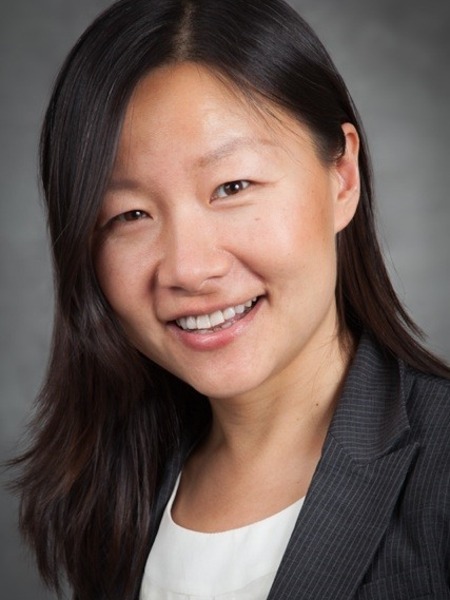Career Change: Overcoming Barriers
-
-
slice.mit.edu
- 1
Filed Under

Recommended
Guest Blogger: Ann Guo ’98, MEng ‘99
Imagine a surgeon who learned to operate by performing a tonsillectomy and appendectomy on herself. Well, that's kind of how I feel. Starting as a course 6 undergrad, I coached myself through a series of career transitions, from artificial intelligence researcher to entrepreneur to software product manager to head of recruiting, and finally to my destination—career coach.
Drawing from both my personal experience and my training, I have found that there are better ways to make transitions. The process doesn't have to involve so much pain and frustration as I and many of my clients have gone through. I will share a few hard-earned lessons here.
One of the biggest barriers to career change may be our attachments to our current identities. For example, if you see yourself as a respected physicist and the main income earner of your family, then it might be hard to contemplate becoming a professional poker player, even if that was your true calling.
Our notions of success are often derived from the values of our inner circle. These are the people we measure ourselves against or seek approval from. One easy way to figure out who is in your inner circle is to ask yourself this simple question: Who would I want to tell if I ever made the cover of the Time magazine? My parents? My thesis advisor? My current peers? The most successful person in my MBA class?
Our inner circles are instrumental in shaping us. When we contemplate career changes though, our inner circles may hold us back. How do we loosen that influence enough so that we can hear ourselves during these crucial transitions? One way is to pinpoint the differences between ourselves and the members of our inner circles with regards to experiences, personalities, and interests. Highlighting our differences allows us to see why their recommendations may not be right for us.
Another concrete step to temporarily reduce that influence is to find your new cohort. If you are that physicist who dreams of playing poker, then you may want to find some professional poker players to hang out with. Do you feel a sense of kinship with them? Do you have mutual interests? If you do, that's further evidence that this path might be interesting. Conversely, if you feel alienated, then that may give you pause. Either way, it's likely to be informative.
I'm in the process of developing a suite of free online tools to help career changers navigate their transitions, including an automated career coach. To try out the automated coach, go to Passion Analytics. I'd love to hear your feedback!








Comments
Maureen
Mon, 12/14/2015 8:45pm
This was a very interesting article and raised important points.